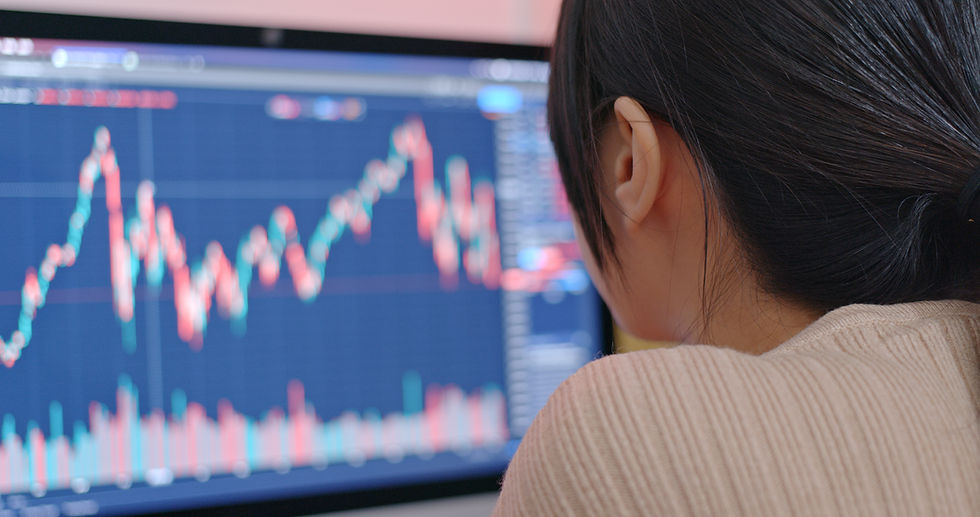What is a Company Shareholder?
- KM Accountancy
- Feb 27, 2024
- 2 min read
A shareholder is someone who owns shares in a company. Shares are like pieces of ownership. If you own all the shares, you own the whole company.

What does a shareholder do?
Shareholders don't always run the company day-to-day, but they can still impact it in different ways. Depending on their shares, they might have voting rights to make big decisions like:
Changing the company's structure or name
Deciding director's salaries
Approving the creation or transfer of shares
How much they can influence these decisions depends on how many shares they own. For instance, if a company has two shareholders and one owns 75% of the shares, they have more voting power than the other shareholder.
Are shareholders different to directors?
Simply put, shareholders own the company, while directors manage it. They each have their own jobs, but sometimes one person can be both a shareholder and a director. This is especially common in small businesses.
Who can own shares in a company?
A shareholder can be a person or another type of entity like a company, partnership, or organisation. Companies House is working on a new system to check the identities of company shareholders and directors, but it's not ready yet. So, you don't have to change anything for now.
How do I become a shareholder?
It varies! You could become a shareholder by starting your own limited company, but there are other ways too. For instance, you might:
- Buy shares
- Invest money, skills, or knowledge and get shares in return
- Receive shares as a gift
- Inherit shares
- Get them through a workplace share program
The benefits of being a company shareholder
As a shareholder, you typically get to help make decisions for the company and receive a portion of its profits, called a dividend. Your dividend is determined by the number and type of shares you have.
Dividends are taxed at a lower rate than regular income, and you don't have to pay National Insurance on them, so they can be a tax-efficient way to earn money!
Do shareholders pay tax?
Dividends are a source of income, so shareholders will need to pay tax on any they receive if the total amount is more than the £1,000 Dividend Allowance during the 2023/24 tax year.
They’re not taxed at source like money from an employer usually is, so you’ll need to submit a Self Assessment tax return to report what you receive to HMRC, and pay any Dividend Tax that you owe.
If you would like to speak to an accountant regarding any tax enquiries, contact info@kmaccountancy.co.uk or 0141 266 0563.




Comments